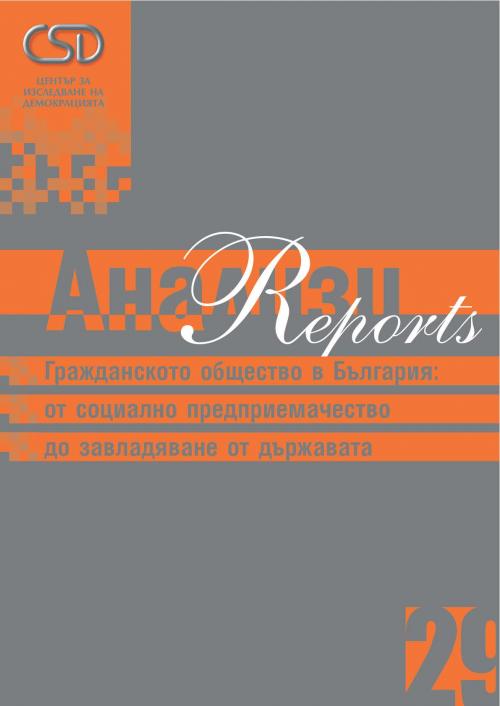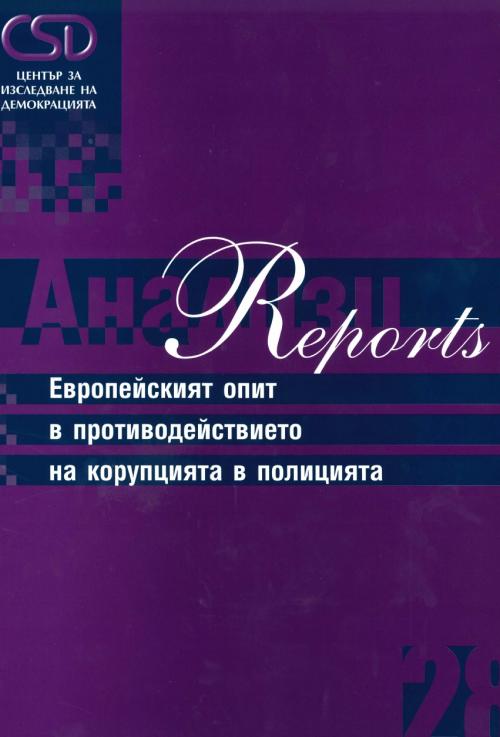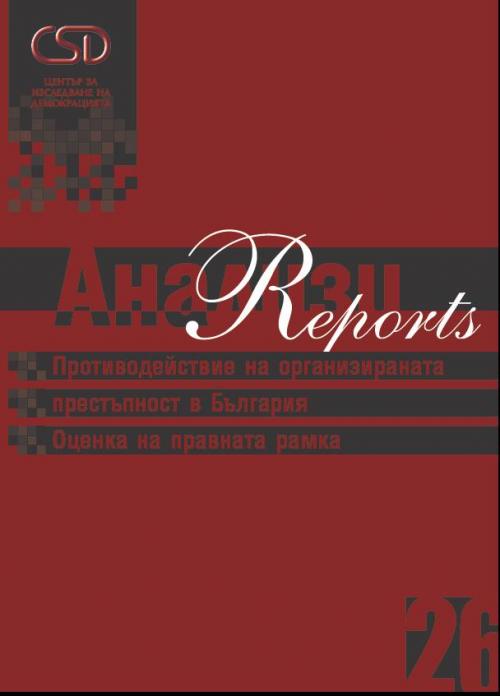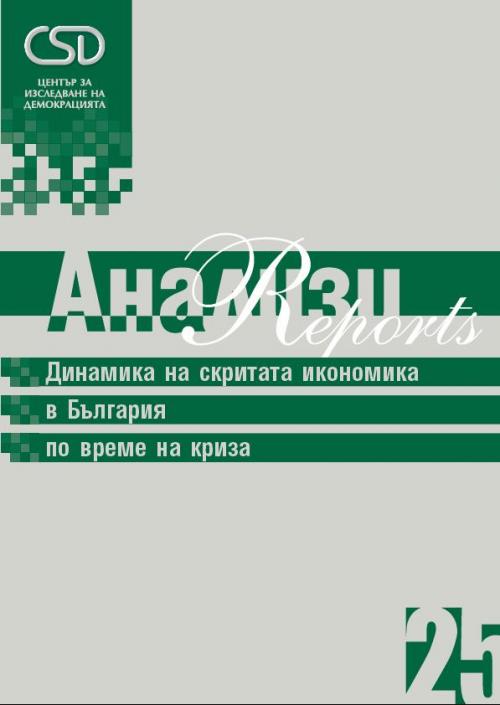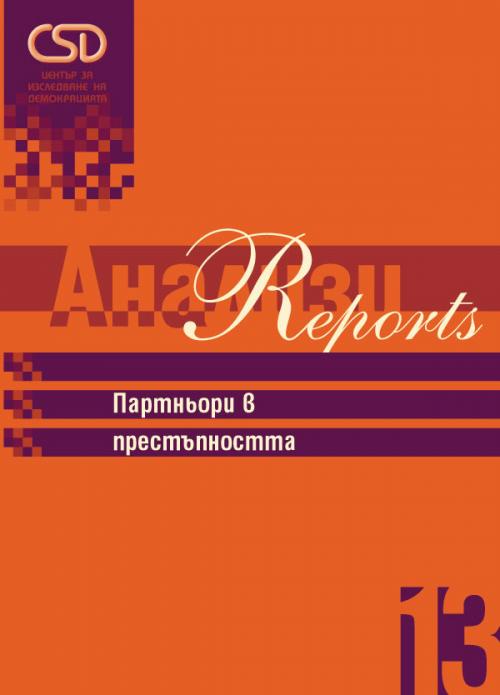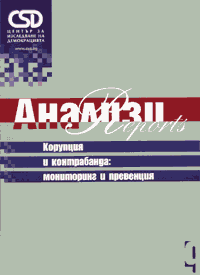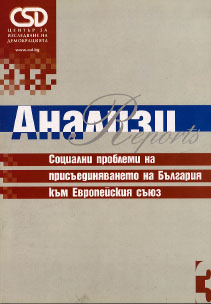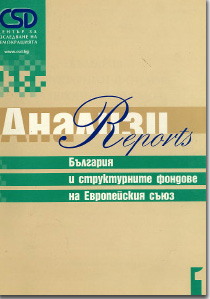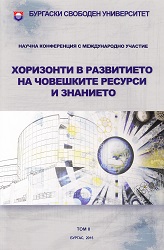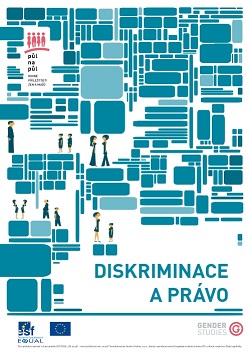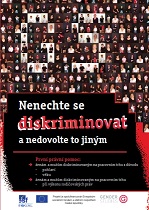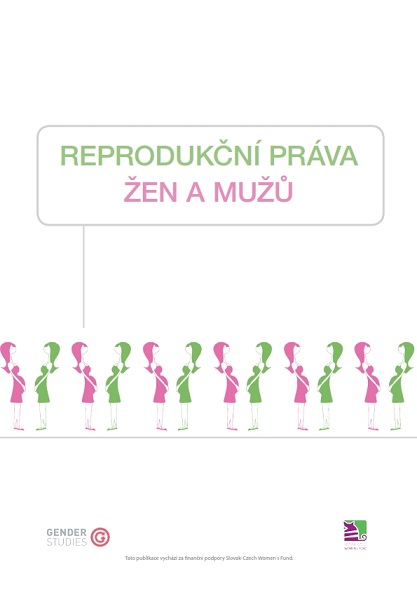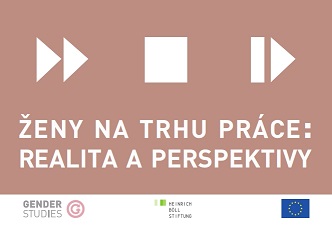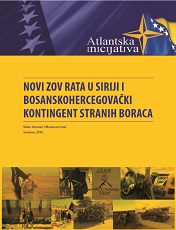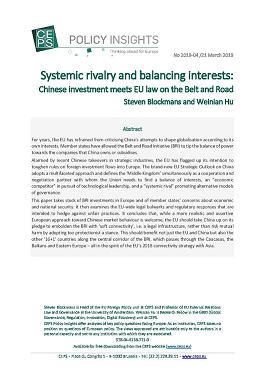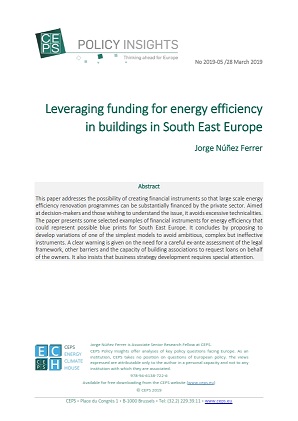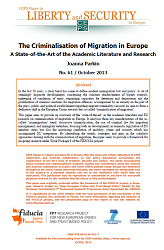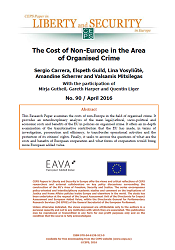Author(s): Eva Fialová,Ivana Spoustová,Barbara Havelková,Zdeněk Kühn / Language(s): Czech
Rovnost byla jedním z nejčastěji skloňovaných pojmů během režimu reálného socialismu v Československu. Komunistický režim byl ostatně založen na rovnostářské ideologii. Důrazem na rovnost a její úplné dosažení v komunistické budoucnosti opodstatňoval režim svou existenci, svou rovnostářskou ideologií se také vymezoval proti západním státům. Není proto divu, že po roce 1989 přestala být rovnost v módě. V postkomunistickém prostoru se objevil fenomén negativního postoje k otázkám rovnosti a diskriminace. Paradoxní bohužel je, že nechuť používat rovnost a s ní související antidiskriminační principy přežívá i ve vztahu ke koncepcím, které se mezitím ve vší komplexitě rozvinuly v západní Evropě a USA. Stále považujeme za normální řadu věcí, které by byly na západ od našich hranic považovány za nepřípustnou diskriminaci. Řadě antidiskriminačních koncepcí, které se v posledních čtyřech dekádách v západním světě prosadily, se posmíváme. Ostatně teprve před nedávnem jsme se přinejmenším formálně zbavili například inzerátů, které poptávaly „mladou sekretářku“ nebo „právníka – mladého energického muže“. Současný evropský (a americký) přístup k zákazu diskriminace vychází v zásadě z toho, že je nepřípustné zacházet s někým odlišně jen proto, že patří do nějaké obecně defi nované skupiny (rasově, etnicky nebo třeba pohlavím). Odlišné zacházení je tak přípustné jen na základě individuálních charakteristik daného člověka. Odlišně můžeme s někým zacházet například na základě jeho skutečných vlastností, jeho profesní historie, atp., ale nikoliv podle pouhého faktu, že je příslušníkem nějaké obecně defi nované skupiny, jíž na základě našich stereotypů přikládáme určité typické vlastnosti. Prostředky práva pak intervenujeme tehdy, pokud je s někým odlišně zacházeno proto, že je příslušníkem nějaké skupiny, s níž bylo odlišně (a diskriminačně) zacházeno tradičně, nebo je takové odlišné zacházení z jiných důvodů nepřípustné (rasa, pohlaví, sexuální orientace atp.). Každá právní norma reguluje společenské vztahy obecným způsobem. Podstatou každé právní normy je současně rozlišení obecně určené situace od jiných situací. V právu sociálního zabezpečení tak například jinak zacházíme s rodinou sociálně potřebnou ve srovnání s rodinami jinými. Z hlediska teorie rovnosti tedy zdaleka ne každé rozlišování je diskriminací, když podstatou legislativy je právě naopak rozlišování. Určení, co je a co není diskriminací, obvykle navazuje na naše „předvídání“ a na existující hodnotové žebříčky. Hovoříme- li o diskriminaci, nerozumíme tím jakékoliv rozlišování, ale rozlišování nějakým způsobem negativní, rozlišování zatěžující určitou skupinu osob, ať již s ohledem na zakázané kritérium nebo s ohledem na způsob, jakým je tohoto rozlišení dosahováno nebo jak je v praxi realizováno (zakázaný účel, svévolnost, atp.). Tato publikace se snaží poskytnout svým čtenářům základní informace o antidiskriminační legislativě a její aplikaci. Doufám, že přispěje k tomu, že na pojmy rovnosti a diskriminace přestaneme pohlížet s povýšeným úsměvem jako na něco, co se nás netýká, co nepotřebujeme, co nám jen vnucuje proti naší vůli Evropská unie, a uvědomíme si, že boj proti diskriminaci je něčím, co vyjadřuje nejzákladnější hodnoty celé naší euroatlantické civilizace, hodnoty, které pregnantně vystihuje česká Listina základních práv a svobod, pokud hovoří o tom, že lidé jsou si rovni v důstojnosti a právech.
More...
